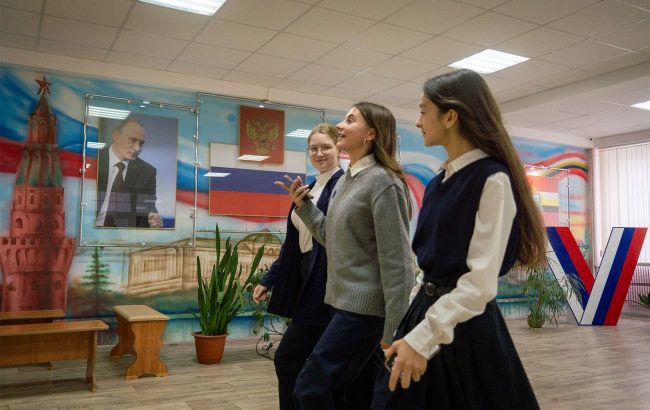Russia cuts funding for occupied Ukrainian regions, boosts propaganda spending
 Russia cuts funding for occupied territories (Illustrative photo: Getty Images)
Russia cuts funding for occupied territories (Illustrative photo: Getty Images)
The Russian government has announced large-scale cuts to 18 state programs in 2026. The total savings are expected to exceed 207 billion rubles (approximately $2.2 billion). At the same time, some sectors will face significant funding cuts, whereas spending on propaganda and government bodies is projected to continue growing, according to the Foreign Intelligence Service of Ukraine.
Next year, Russia is expected to cut funding for healthcare, the aviation industry, energy, rural areas, and projects in the temporarily occupied territories.
The Chemical and Biological Safety program has been reduced by 36.4% to 3.5 billion rubles (approximately $37 million). At the same time, the most significant reduction in absolute terms was seen in the Comprehensive Development of Rural Areas program, which decreased by 34.3 billion rubles (approximately $360 million). The healthcare development program incurred a loss of 31.7 billion rubles (approximately $330 million).
Reduction in funding for industrial and social projects
Cuts also affected the aviation industry (14.4 billion rubles ≈ $150 million), energy (-17.9 billion rubles ≈ $185 million), shipbuilding, fisheries, employment, and national policy. These measures are designed to reduce budget expenditures and optimize state programs.
Increase in funding for propaganda and state institutions
At the same time, spending on government bodies and propaganda projects continues to grow. The Russia in the World program, which promotes "traditional values" abroad, will receive almost 12 billion rubles (≈ $124 million) — twice the amount allocated last year.
The state fund Defenders of the Fatherland will receive 35 billion rubles ($362 million), which is 2.5 times higher than the amount allocated in 2025. State TV channels will be funded with 106.4 billion rubles ($1.1 billion) in 2026.
Denis Pushilin, the head of the temporary administration of the Donetsk region, held a meeting with several foreign media representatives and politicians in an attempt to create the appearance of international attention to the occupied territory.
Russian media continue to spread false claims about alleged "Ukrainian fears of coalition forces," attempting to undermine confidence in international security guarantees.


